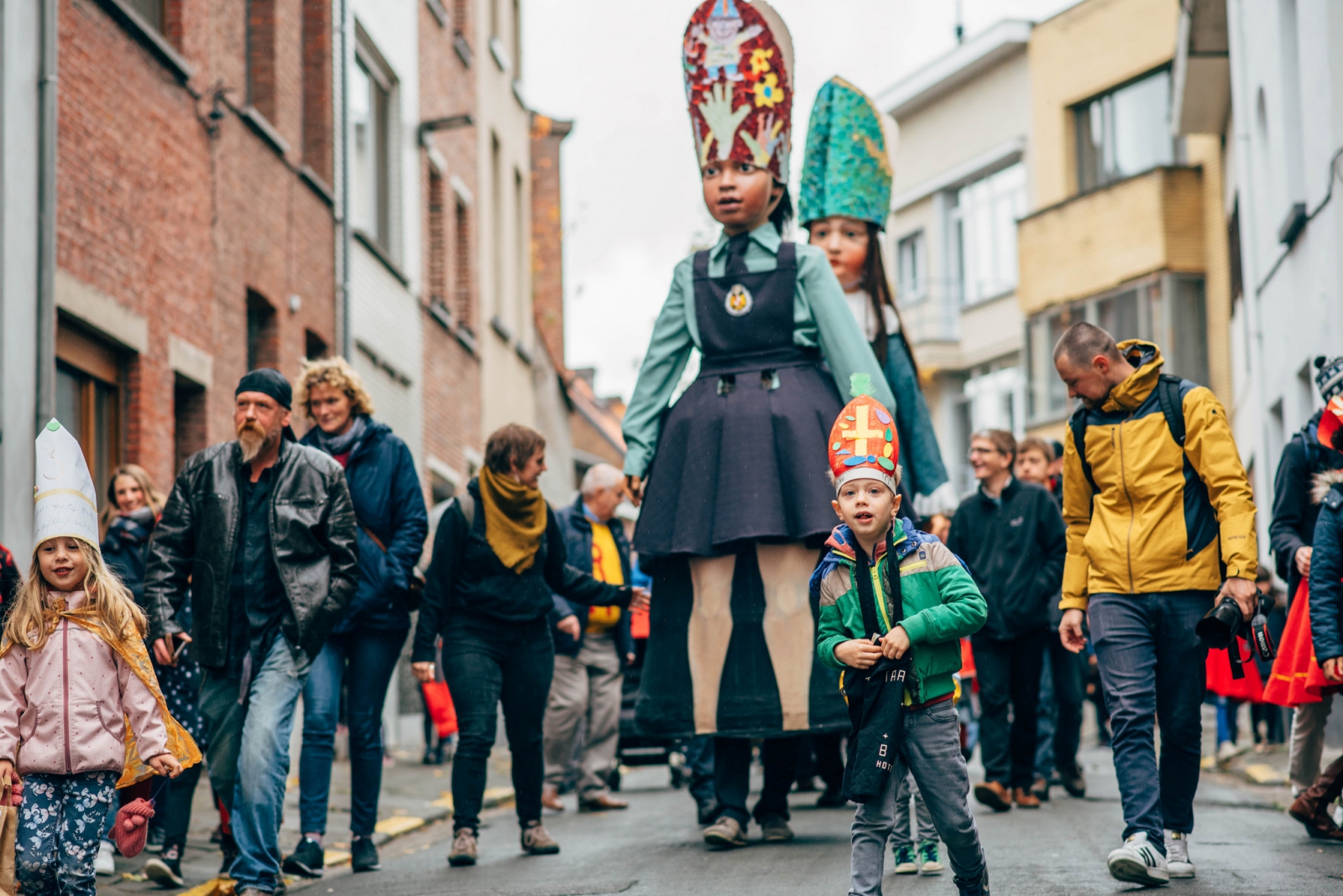Call for proposals
International conference & Expert meeting on ‘Intangible Cultural Heritage, Museums and Cultural Policies’
Museum Hof van Busleyden, Mechelen (BE); May 7-8, 2019
Deadline for submissions: January 21, 2019 Deadline postponed: February 8, 2019
_______________________________________________________________________________
Heritage work is being shaped and evolves within larger societal and political contexts. Policies on culture at international, European, national, regional and local (governmental) levels hence are a considerable part of the reference frame against which museums are being effectuated. What are the effects of the variety of governmental policies – on all possible levels – as developed in the five IMP project partner countries – Belgium, The Netherlands, Italy, France and Switzerland – for (internal) museum policy and practice relating to the safeguarding of intangible cultural heritage (ICH)? What can be learned from comparing different strategies and approaches? In which ways are museums engaging and relating to policy in their day-to-day work? And how do museums develop sustainable practices on safeguarding intangible heritage, as a result of, or a reaction to, these cultural policies?
These are some of the questions that inspire the International conference and Expert meeting on ‘Intangible Cultural Heritage, Museums and Cultural Policies’ that will take place on May 7 and 8, 2019 at LAMOT/ Museum Hof van Busleyden in Mechelen (BE).
We are looking for 15 museums (3 from every project partner country: Belgium, The Netherlands, Italy, France and Switzerland) that have an inspiring case to present on the topic of ICH and cultural policies. We welcome cases from museums with national, regional or local work radiuses, and from all sorts of typologies, that reflect on following matters:
- What are concrete effects of (newly developed) cultural policies relating to ICH, for museums? What does this change or maintain in museum policy and in the day-to-day practice of a museum?
- Which types of top down policy incentives inspire museums to engage more actively or more profoundly with ICH and its practitioners? What are concrete exhibitions, projects, … that have been initiated because of them, or despite of them? What are intrinsic motivations for museums to work on safeguarding ICH?
- Can museums' work on safeguarding ICH act as a lever visà-vis the policy level? In what way?
- How is embedding the safeguarding of ICH in overall museum policy and practice of added value for the museum and the surroundings of which it is part?
- Can European cultural policy (e.g. EU Cultural Capitals) be a catalyst for the safeguarding of ICH in museums?
- In how far does the conceptual innovation of the recent ICH policy developments impact on museum policy visions? And how important is the dimension of funding for translating new policy evolutions into action in the museum field?
- Aside of cultural (heritage/museum/ICH) policies, have there been relevant experiences of other policy incentives triggering activity on ICH in museums' context? (e.g. Sustainable development policies? Urban development policies? Innovation policies? Social or economic policy programmes? …)
- How is working on safeguarding ICH a result of new aspirations of and trends in museums, more than an effect of top down cultural policy?
- In what ways are political / governmental actors on a local, regional, national and European level important stakeholders for museums in relation to ICH?
Three museums per country will be selected to attend the two-day meeting. Candidates can find more information about the practical aspects in the Guidelines.
By completing the online submission form by January 21, 2019, elaborating on your inspiring example, you can submit your application for attending the two-day meeting in Mechelen. The members of the IMP Steering Group will assess the submissions and inform you by, February 15, 2019 whether your proposal is accepted.
|
For this call for proposals, we take into considerations applications that have as their subject ‘intangible cultural heritage’ as described in the 2003 UNESCO Convention for the Safeguarding of the Intangible Cultural Heritage: Extract from the 2003 UNESCO Convention for the Safeguarding of the Intangible Cultural Heritage Article 2 - Definitions For the purposes of this Convention 1. The “intangible cultural heritage” means the practices, representations, expressions, knowledge, skills – as well as the instruments, objects, artefacts and cultural spaces associated therewith – that communities, groups and, in some cases, individuals recognize as part of their cultural heritage. This intangible cultural heritage, transmitted from generation to generation, is constantly recreated by communities and groups in response to their environment, their interaction with nature and their history, and provides them with a sense of identity and continuity, thus promoting respect for cultural diversity and human creativity. For the purposes of this Convention, consideration will be given solely to such intangible cultural heritage as is compatible with existing international human rights instruments, as well as with the requirements of mutual respect among communities, groups and individuals, and of sustainable development. ______ 2. The “intangible cultural heritage”, as defined in paragraph 1 above, is manifested inter aliain the following domains:
______ 3. “Safeguarding” means measures aimed at ensuring the viability of the intangible cultural heritage, including the identification, documentation, research, preservation, protection, promotion, enhancement, transmission, particularly through formal and non-formal education, as well as the revitalization of the various aspects of such heritage. |
Questions?
Contact Kia Tsakiridis
info@ICHandmuseums.eu
+32 468 50 87 28 (cell phone) | +32 50 51 61 70 (office)
%20Museum%20Hof%20van%20%20Busleyden%2C%20Mechelen_foto%20SophieNuytten.jpg)
